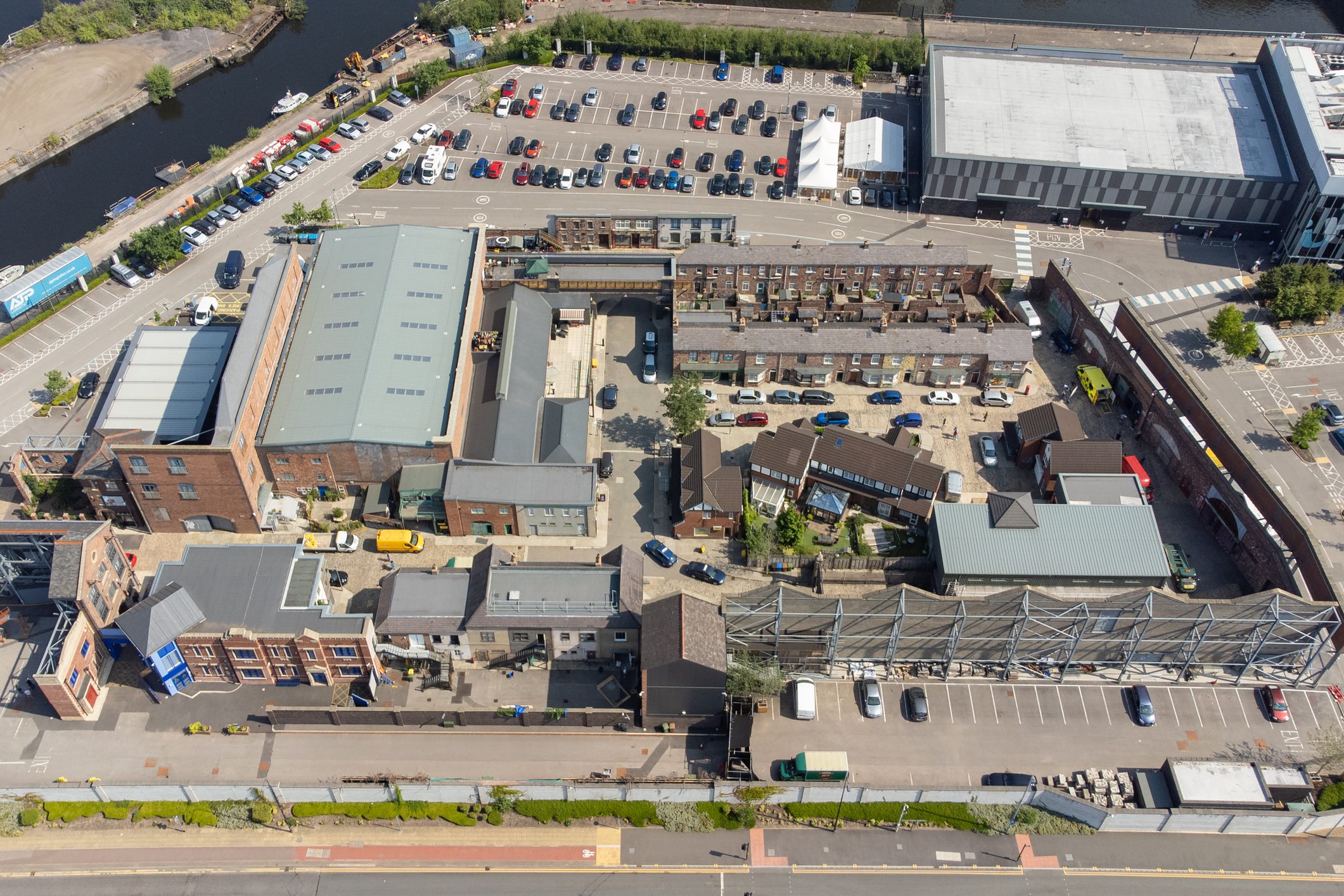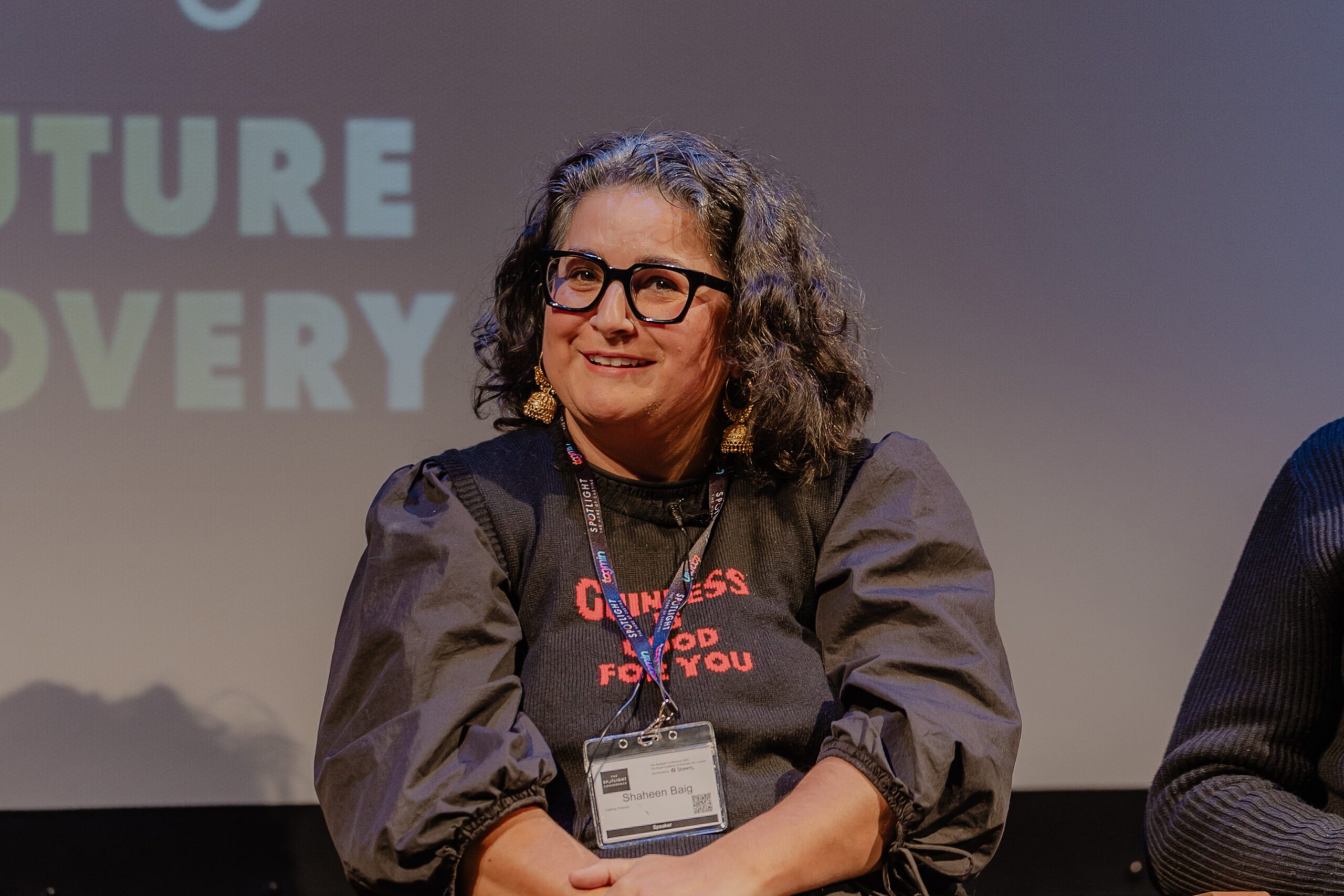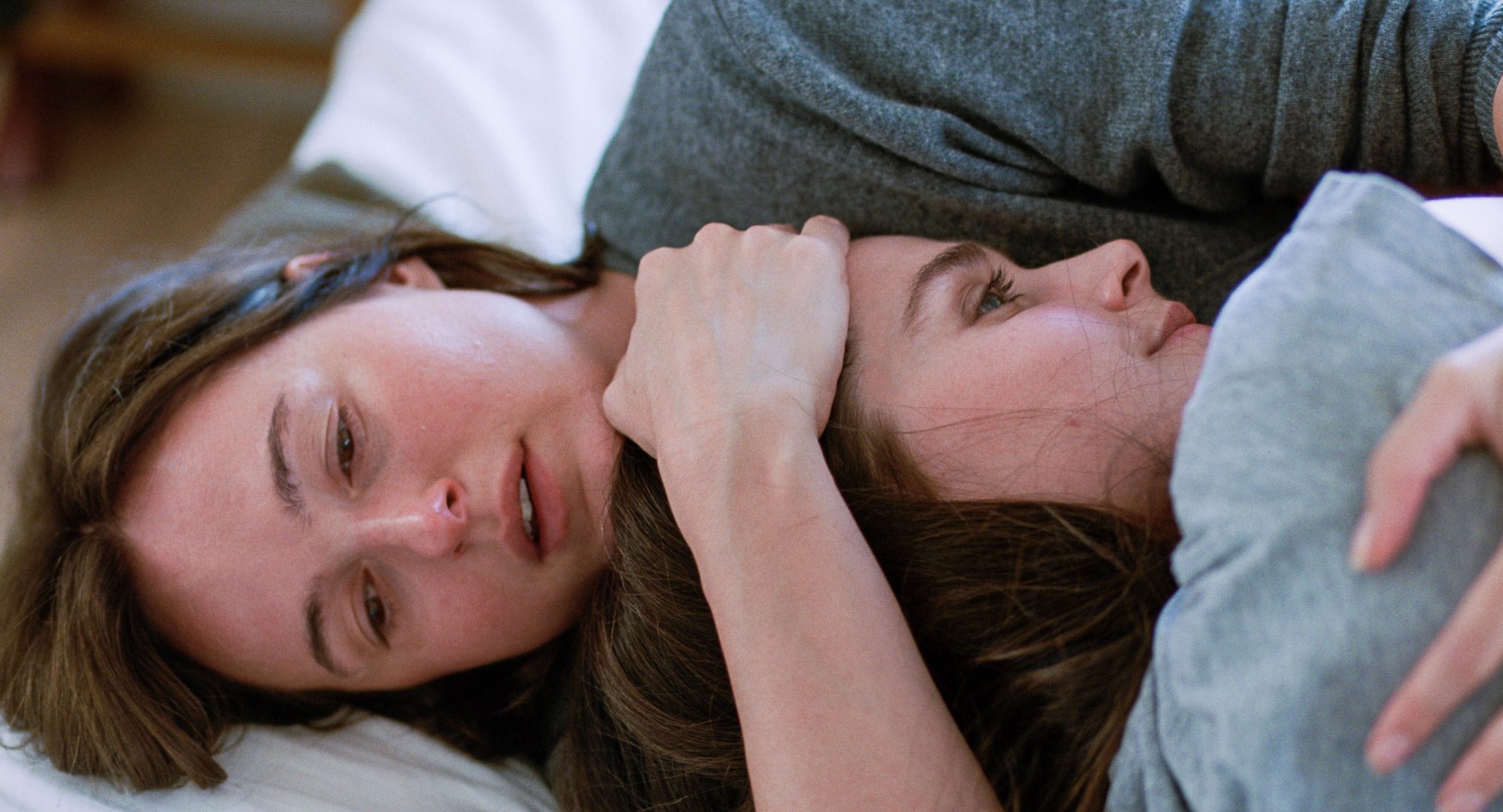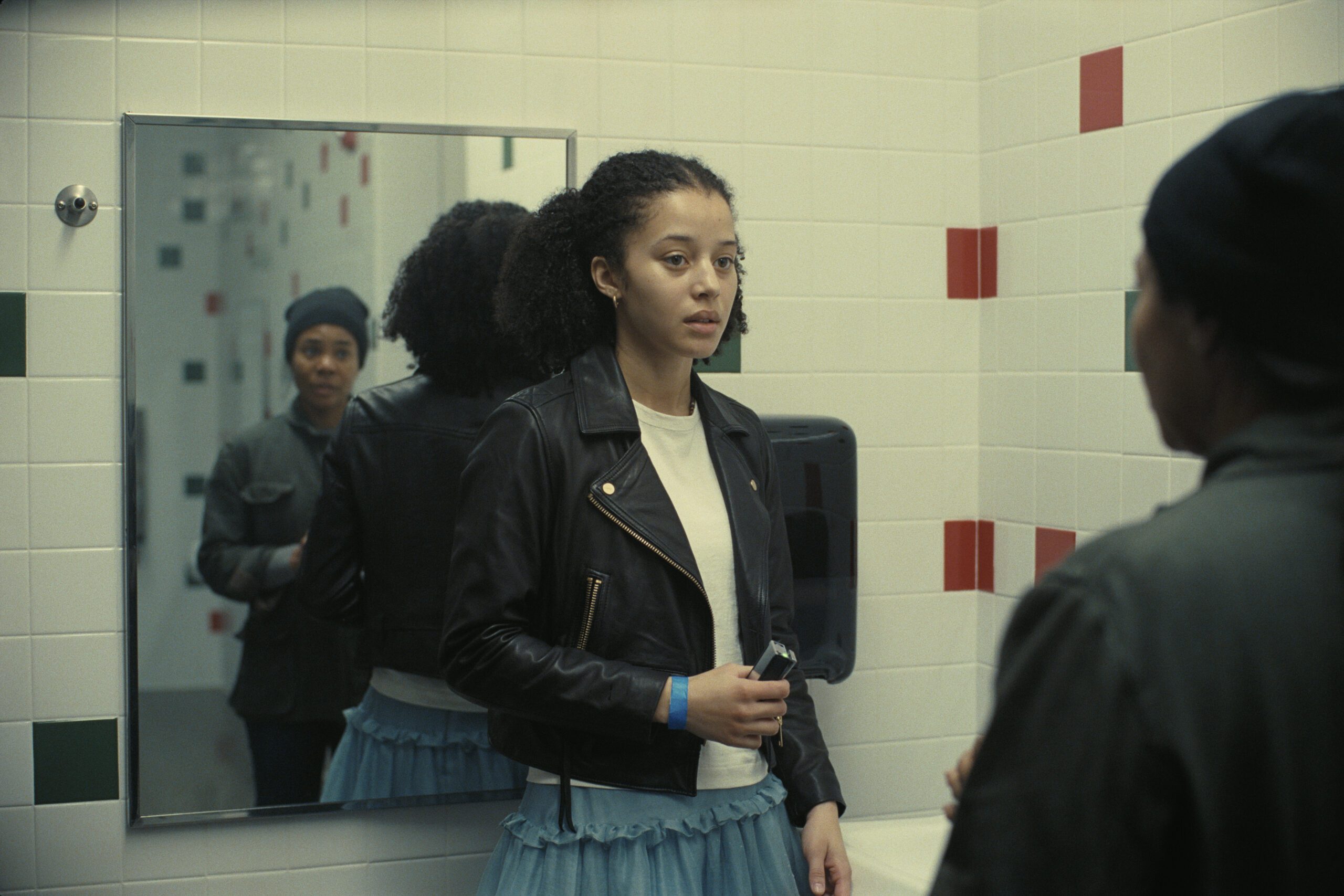As someone who’s made the leap from stage to the legendary cobbles, actor Tom Lorcan reveals what to expect when stepping onto the ‘Coronation Street’ set.
Walking into a television job for the first time can be quite an overwhelming thing, especially when the job in question happens to be Coronation Street – a show so embedded in British culture it might as well be on the national curriculum.
As someone who spent most of their early career in theatre – with the occasional foray into onscreen day-player work with indispensable characters like ‘Artillery Soldier’ or ‘Journalist’ – I thought it might be helpful, particularly for Spotlight members making the leap from stage to screen, to share what it’s actually like turning up on set for a proper, high-speed TV drama. And Corrie, as you might expect, does it all with legendary efficiency, a frightening number of tea breaks and some proper no-nonsense Northern charm.
Tom’s Summary:
- Bring your A-game: You’re expected to arrive on set completely off-book and ready to film quickly with minimal rehearsal.
- Be self-sufficient: Unlike some other TV jobs, you’re expected to sort out your own travel and navigate the set yourself.
- Embrace the fast-paced environment: The crew is efficient, the directors are direct and the focus is on getting the work done without unnecessary fuss.
1. Getting There: Mild Panic and Google Maps
The Coronation Street set lives at Trafford Wharf, right next to MediaCity in Manchester. If you’re used to turning up to auditions in Soho, it feels a bit like landing at NASA – vast buildings, security gates and a lot of people who look like they know what they’re doing.
There’s a cast liaison to help with travel and accommodation, but for the most part it’s up to you to sort yourself out and the company will reimburse you – just don’t lose your receipts! This was a departure from what I was used to. The most common practice in TV is that someone sorts all of this out for you; you just have to get in a car outside your home or your hotel and you’re taken wherever you need to be.
Upon arrival at Trafford Wharf, you’ll check in with the very cheery security team at the gates (they initially thought I was an autograph hunter – not the best start!) and they’ll send you to reception. There, you’ll get a visitor badge that beeps you into all the important doors.
That visitor badge was soon upgraded to a fancy cast member lanyard with my photo on it and the Corrie logo. I was genuinely chuffed to bits to have it. I felt very ‘official’ and to this day it lives in a box of ‘special things I mustn’t forget’ in my flat.
Next stop was to the assistant directors, who are the unsung heroes of Weatherfield. These are the people who make sure the ship doesn’t sink when people like me wander in, smiling nervously and asking where the canteen is. My 2nd AD gave me a call sheet, showed me the imposing wall of shooting schedules, offered an encouraging smile and probably clocked within 12 seconds that I’d need babysitting. They plonked me in my dressing room, told me where the Green Room was and vanished into a maze of corridors and noticeboards.
2. Costume, Make-Up and the Art of Looking Like a Believable Human
After a brief nervous wander into the Green Room to try and confidently make a tea without shaking boiling water over my hands, or calling Bill Roach ‘Ken’, I made my way to costume.
Now, this sounds easy, but on most telly jobs you’re genuinely ferried everywhere, and brought everything without having to engage your brain for a second, but Corrie is refreshingly no-nonsense and you’re expected to find your way there yourself.
After eventually finding my way to wardrobe, a friendly assistant handed me a rail of clothes that looked exactly like something my character, ‘Mike Hargrave’ – a seemingly nice guy who ends up being a creepy, serial cheating, baby-buying, kidnapping weirdo – would wear.
Then it was off to hair and make-up, where I was gently reminded that HD television is a cruel and unforgiving format, as my greying beard was trimmed and I was offered some dye “to make it look a bit less patchy!” and had my ears shaved.
The team is extremely down-to-earth and lovely, as well as being absolute professionals. They managed to somehow make me look like a real-life human and not like some bewildered thespian who’s just been found helplessly wandering around Manchester Piccadilly.
3. The Set Layout: A Town Within a Warehouse
You’ll get a very brief tour of the set, which feels somewhere between ‘Hogwarts’ and IKEA. There’s the famous cobbled street (yes, it’s real and yes, the temptation to take selfies is overwhelming), as well as fully dressed studio interiors – the Rovers, Roy’s Rolls, various living rooms, kitchens, even hospital wards and prison cells. These are all tucked inside vast hangars that somehow still manage to feel cosy.
4. Scripts and Rehearsals: Blink and You’ll Miss Them
One of the most jarring things for a theatre actor is how quick it all is. Scripts are usually sent to you in advance, so you’re expected to be completely off-book when you arrive. There’s very little rehearsal – sometimes just a brief ‘dry block’ on set (working out movements and marks) before you’re into the scene with cameras rolling. The director will give you clear, concise notes – think, “Give it more urgency,” rather than, “Explore your emotional landscape” – and then, it’s action time.
5. Filming: Controlled Chaos (with Tea Breaks)
Filming is like a high-stakes game of Tetris. You’re slotted into scenes that aren’t necessarily in order, often opposite actors you’ve just met (although you have been watching their faces for years, or at least your Nan has) and in spaces that are much smaller than they look on screen, all while remembering not to walk into the boom mic and on which line you took a sip of your drink.
Luckily, the crew are phenomenal. Honestly. There’s very little faff, lots of good humour and an unspoken understanding that everyone wants to get home at a sensible hour. Scenes are filmed quickly but with maximum coverage – often multiple cameras – and usually a couple of takes unless something goes spectacularly wrong.
I was very fortunate that my character’s introduction was slow and steady, allowing me time to find my feet and get used to the process. But even so, on my second day on set, I had to be told several times to stop eating the prop food in the Rovers. In my defence, it was Betty’s famous hotpot and I couldn’t resist!
6. Behind the Scenes: Warm, Efficient, Humble
There’s not much ‘luvvie’ energy on a set like Corrie. It’s more like a well-run community centre where everyone happens to be brilliant at their job. You’ll chat with fellow cast members in the green room, laugh with the crew in the amazing canteen and occasionally glance sideways and think, “That’s actually Gail Platt!”
People are kind, approachable, respectful, and refreshingly unimpressed by drama (off-screen, that is).
7. Wrapping the Day
Once you’ve filmed your final scene, there’s no ceremony or mutual ego boosting. It’s very much the end of a day’s work and everyone wanders off with a, “See you tomorrow.”
And just like that, you’re a part of the machine – walking off the cobbles, slightly dazed, clutching your script for the next day and wondering how to get back to your digs.
If you’re a Spotlight member stepping into your first TV gig, especially one like Coronation Street, you might feel a bit like you’ve wandered into the wrong room and no one’s noticed yet. Let me assure you – you haven’t. You’ve earned it and even though you might be feeling like it’s a lucky break, I would encourage you to remember that “Luck is when preparation meets opportunity.” I think ‘Seneca’ said that. Or maybe it was ‘Steve McDonald’? I forget who.
You won’t be perfect and you don’t need to be. But you’ll learn fast and hopefully, have a great time doing it.
Actionable Insights:
- Arrive prepared and ready to work. Unlike theatre, there’s little time for rehearsal on a high-speed TV drama. You’ll need to be completely off-book and ready to film quickly, often with a director giving you clear, concise notes on the fly.
- Embrace your independence. Don’t expect to be ferried around and handed everything. Be prepared to sort out your own travel, find your way around the maze of corridors and generally be self-sufficient.
- Don’t overthink it. The set is a professional, no-nonsense environment. Be respectful, be on time and remember that everyone wants to get the work done efficiently and with good humour.
- Go with the flow and enjoy the process. You’ll be slotted into scenes that aren’t necessarily in order, often with actors you’ve just met. The crew are phenomenal and the whole machine is a well-oiled one. So, take a deep breath and don’t forget to have fun!
Join Spotlight to be discovered by casting professionals working in theatre, film, TV, voice over, commercials and more! Find out about our membership options and start looking for auditions today!
Tom Lorcan is a stage and screen actor. He has somehow appeared in multiple TV dramas, West End productions and once successfully navigated 30 episodes on ‘Coronation Street’ without knocking over too many props or fainting from nerves.





